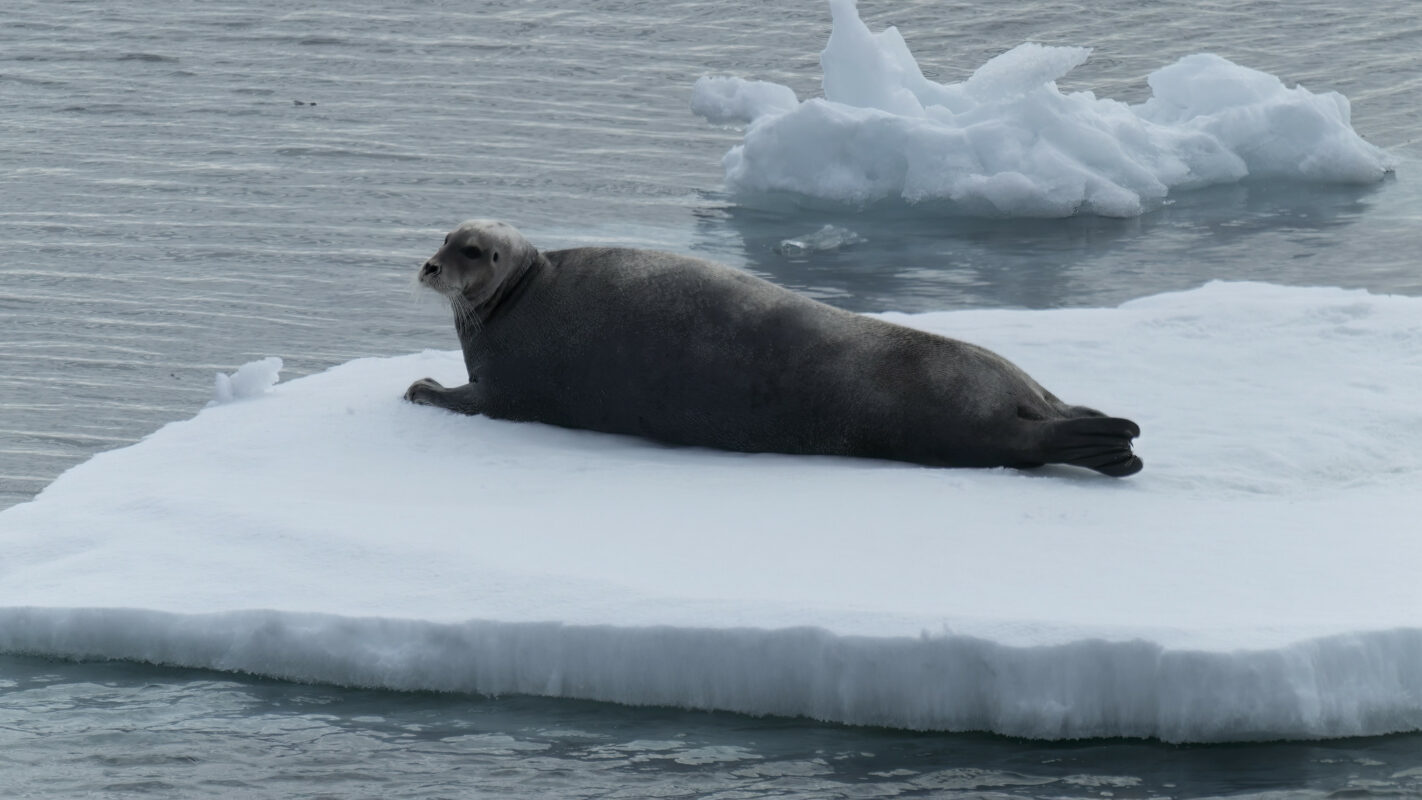Researchers in China and the U.S. said Thursday they were “shocked” to discover that the Arctic Ocean is acidifying three to four times faster than the rest of the world’s oceans.
The faster rate of change is due to the speed with which ice in the ocean is melting, according to Wei-Jun Cai of the University of Delaware and Liqi Chen of the Third Institute of Oceanography in China.
The researchers analyzed data collected on 47 expeditions to the Arctic between 1994 and 2020 and found pH levels decreased roughly four times faster in the western Arctic than in other oceans over the same time period. They also measured the saturation of the mineral aragonite, which decreased three times faster. Both phenomena indicate more acidification.
In 1990, only a tiny portion of the Arctic had low pH and aragonite saturation levels, and by 2020, the area had grown to 7% of the ocean.
“We were shocked to see acidification is happening three to four times faster,” Cai told The Guardian.
As Common Dreams reported in August, the Arctic is warming nearly four times as fast as the Earth as a whole—about twice the rate that had previously been estimated for the region.
In turn, Arctic waters are absorbing more of the atmosphere’s carbon dioxide, leading to acidification.
Acidification harms organisms including coral reefs as well as other marine species.
Melting sea ice is driving exceptionally rapid acidification of the western Arctic Ocean, threatening shell-building organisms and everyone on up the food chain. New in @newscientist https://t.co/a4h0ZAXVKa
— James Dinneen (@jamesNESW) September 29, 2022
The continued extraction of fossil fuels and the resulting carbon emissions have set off a feedback loop involving melting sea ice and acidification. As Vice reported Thursday, “Scientists say that if sea ice continues to melt at its current rate, the rapid acidification of the ocean will intensify in the next few decades until there is no sea ice left in the Arctic Ocean.”
“The ultimate solution,” Cai told the outlet, “would be to remove fossil fuels from the atmosphere, to reduce the emissions, and also try to remove CO2 activity from the atmosphere.”
